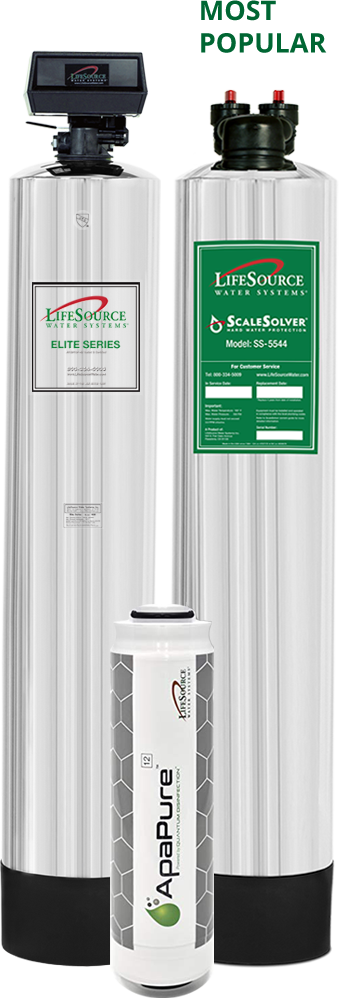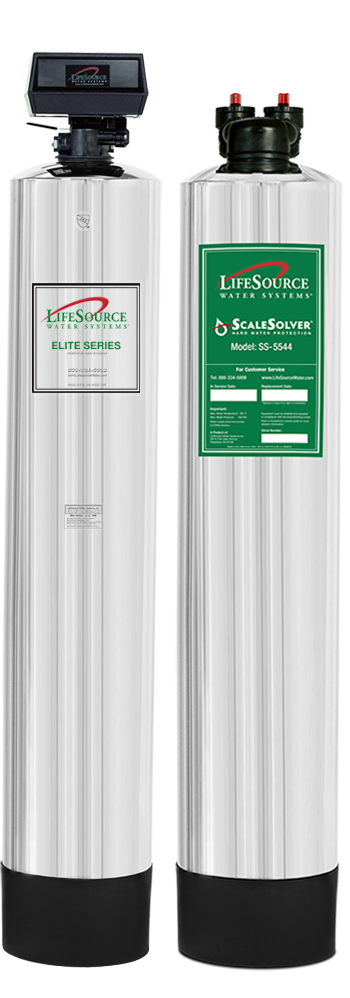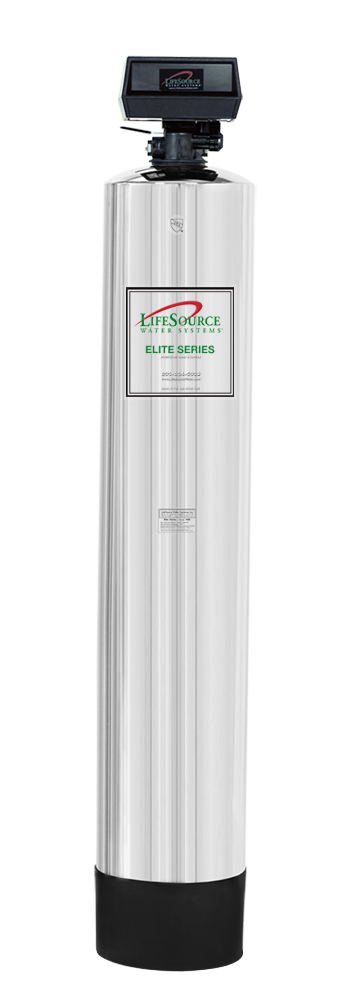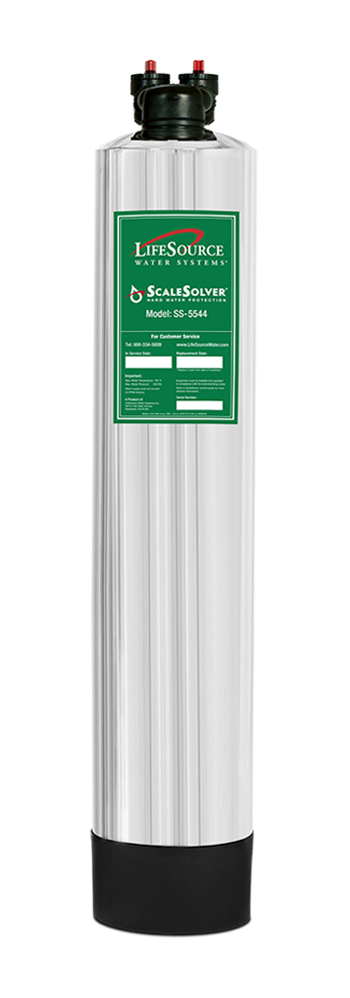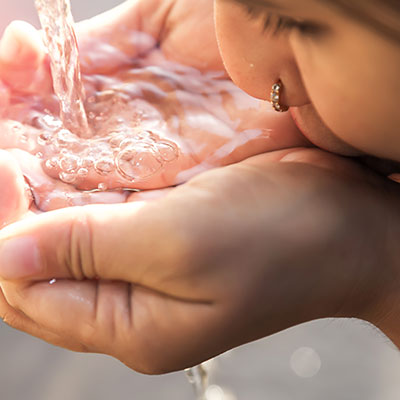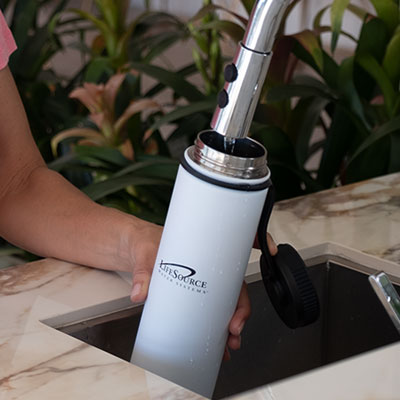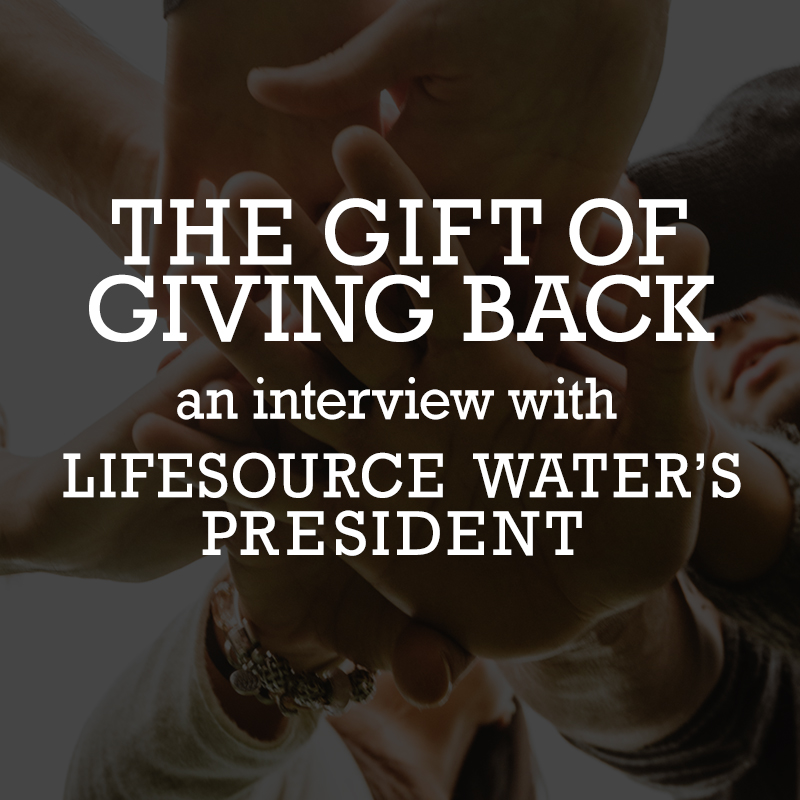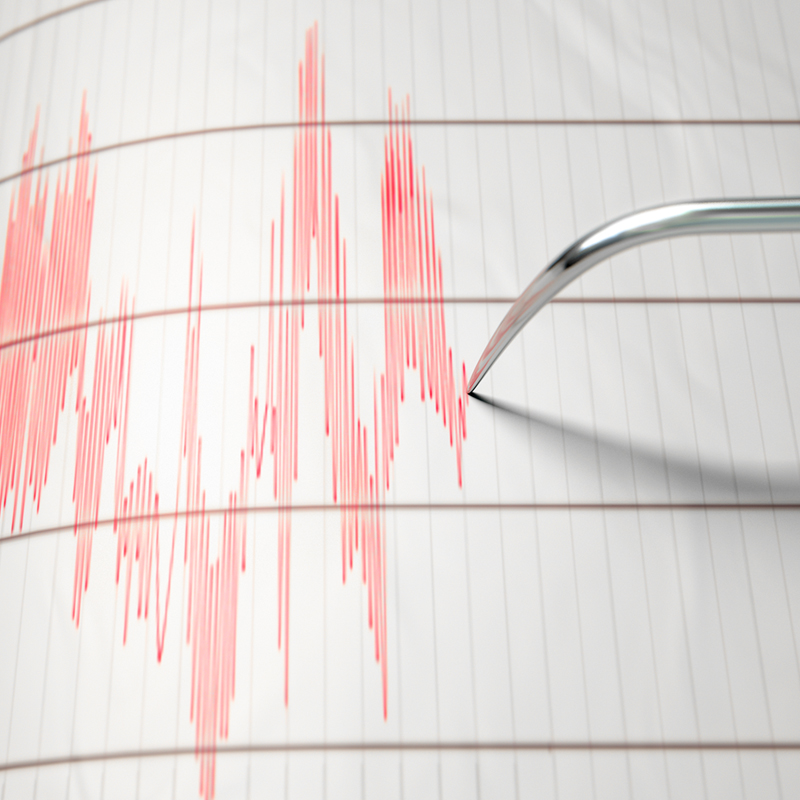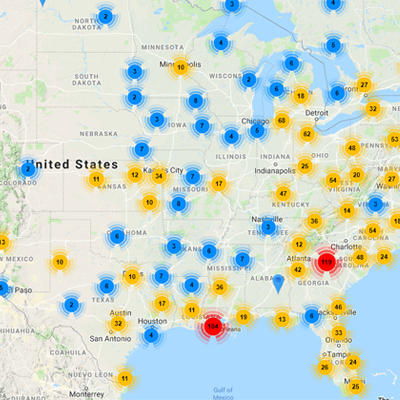
What Water Sommeliers Want You to Know About Water
How to drink water like an expert!
A water sommelier is a water expert who is trained to taste, evaluate and educate people on the qualities of water from around the world. Water sommeliers are gaining popularity in the restaurant industry. When thinking about your meal, water sommeliers want to start with your water choice.
Famous for his curated water menus, Martin Riese is one of the most well-known Water Sommeliers and educators. You may have recently seen Riese in the new Netflix show, “Down to Earth.” Riese became well known as the first certified water sommelier to come to the United States and is currently the Water Sommelier for Petit Ermitage Hotel in West Hollywood, California.
What exactly are water sommeliers tasting when they evaluate water? According to Jessica Altieri, “We humans have pretty sensitive tongues and can detect a huge array of flavors, even very subtle ones. As it turns out, water is full of such subtle flavors.” Altieri is the first American Fine Water Sommelier and is the water sommelier for Florie’s in Palm Beach, Florida.
It turns out terroir impacts water as much as it does your favorite wines. “Terroir” is a term used by wine aficionados to describe how environmental contexts impact the “character” of a wine. This is also true for water. As water circulates through the hydrologic cycle, rainfall is absorbed into the earth, to collect in underground aquifers, rivers and bodies of freshwater. As water travels through soil and rock, it picks up natural minerals. These minerals create varying flavors and consistencies of water that are unique to specific regions around the world. In this way, water sommeliers can assess and compare water based on mineral content. See? It's just like wine!

For having a reputation as tasting like “nothing,” there sure are a lot of variations. This is because there’s more to water than meets the eye. Where water comes from and how water is processed is why all water doesn’t taste the same.
A brief science refresher: “H2O’ stands for the two hydrogen and one oxygen atoms, that make up the molecule we call water. But by the time water reaches our homes or grocery store isles, there is more to water than just hydrogen and oxygen.
So what can water sommeliers teach us about water?
According to Reise, "there is no pure water." At least, not naturally. While the use of the term "pure" is inconsistent, the official definition of "purified water" is "water that has no more than ten parts per million total dissolved solids." Total dissolved solids (TDS) refer to inorganic and organic matter that is dissolved in water, including natural minerals like calcium, magnesium and potassium. Water sommeliers use TDS to discuss the unique flavors and physical qualities of water.
One of the more popular ways to purify water is through the distillation process. Distilled water is boiled to remove impurities, then the steam (water vapor) is captured for bottling or further processing. This means that the majority of (or all) the beneficial minerals are removed.
However, drinking water that has been distilled can make it harder for our bodies to hydrate. When water is stripped of natural minerals, its pH becomes acidic. When water pH is acidic, the water will try to balance its pH by taking minerals from your body. "When you drink purified water, water will look for minerals in your body." Reise continues, “so that means the [water] pulls minerals out of your body and you’re losing extra minerals by drinking purified water.”
An easy water lesson is learning about the different types of water. This is the first step in your path to becoming an amateur water sommelier.
- Tap Water originates from lakes, rivers or reservoirs/wells and then is processed to meet the Environmental Protection Agency (EPA) guidelines. 98% of U.S. water treatment plants use chlorine and chloramines to disinfect water.
- Spring Water must come from a natural spring and can contain minerals or not.
- Mineral Water is defined as water that has at least 250 parts per million of trace minerals.
- Artesian Water may sound like water made by mustached hipsters. But it actually means water that has been pumped from the deep artesian aquafer (these occur when high pressure from the Earth’s rock layer forces water up to the surface).

Minerals like calcium and magnesium are minerals naturally found in water. So when you think about water being "natural,” remember that includes minerals. A publication written by the World Health Organization (WHO) outlines the health benefits of minerals and warns against the potential long term harm of only drinking purified water.
Calcium is vital for maintaining strong bones and teeth. Calcium also plays a role in muscle health and nerve signaling.
Magnesium helps the body carry out many processes, including regulating stable blood pressure and blood sugar levels.
How can you make sure the water you drink and use every day is up to expert standards?
While the variety of bottled water may be fascinating for a water sommelier tasting, it’s unrealistic to expect families to only buy cases of premium mineral water. Besides the cost, bottled water has detrimental environmental impacts. Plastic pollution is one of the biggest environmental challenges facing our world today.
Home water filtration systems are a great alternative! Rather than depend on bottled water or tap water, you can take control of your home water quality by filtering tap water before it enters your home. Salt-free whole house water systems filter out the chlorine and chloramines used by water processing plants, without removing beneficial minerals. It may not be fancy artesian water, but it does mean that your family can enjoy filtered, great tasting water from every sink and faucet in your home.
The more you know, the more you can stay healthy and hydrated. We now know that not all water is the same. Understanding more about water will help you make informed choices about the water you drink and use.

